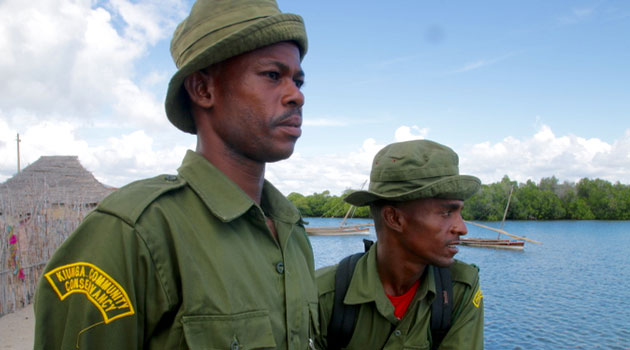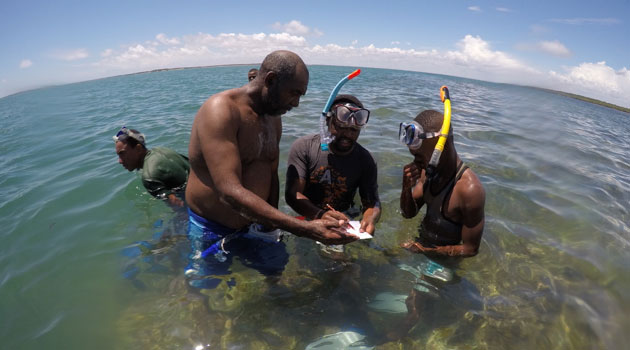If there is one thing truly dear to livestock farmers, then it is the quality and quantity of the pasture their animals feeds on. Having the wrong quality and quantity of pasture means malnourished livestock that fetches less money. Hence, less financial returns for the farmers, fundamentally meaning bad business.
With that in mind, think of the ocean floor and the biodiversity submerged under there. See a fisherman’s profit comes from catching as many fishes as possible and the bigger the individual fish, the more the profit they can make.
That always results to fishers employing fishing methods that are not only harmful to the biodiversity existing in the waters, but also are unsustainable business practices. Big fishing boats cast wide nets that simply scoop everything from the surface to the ocean floors, leading to the destruction of the coral reefs and other biodiversity within the ocean waters.
Ironically, the small gains such fishing boats make in the current short term period leads to loss of revenue in the long run. That is because coral reefs make up the feeding and reproducing grounds for the fishes. Their destruction leads to the elimination of the environmental habitat needed for fish to breed and their population to flourish.
Lamu is a coastal town in Kenya, which primarily relies on fishing as an economic activity. Intensive fishing has led to the destruction of coral reefs. Leading to dwindling amount of catch for the fishermen over time.
To counter this, fishers who earlier were only concerned about scooping out of the ocean water as many and as big a fish they possibly can have changed their tactics. They have turned from just fishers to biodiversity conservation champions focusing mainly on the preservation of coral reefs. They go by the name ‘reef rangers’, and twelve of these reef rangers have just graduated from a four days course that taught them how to collect data on the state of the coral reefs, which is used to monitor their damage.
This training is part of measures by The Nature Conservancy, a US-based international conservationist firm that is being implemented by the Northern Rangelands Trust (NRT), an alliance of Kenyan-based community-run conservancies, seven of which are based in the coastal region.
“Fishermen here tell us that the ocean is their shamba [farm],” said George Maina, a Marine Project Coordinator for The Nature Conservancy based in Lamu, Kenya. “Herders on land need to know how to preserve grass, so their cows grow healthy and fetch more money at market. At sea, it’s the same.
The coral reefs are the pasture for the fish. If they are well protected, then the fish are healthier and fetch more money at market. At the same time, protected reefs allow the marine biodiversity that has been badly affected by overfishing to recover, preserving both fishing stocks and reef health for future generations.”



